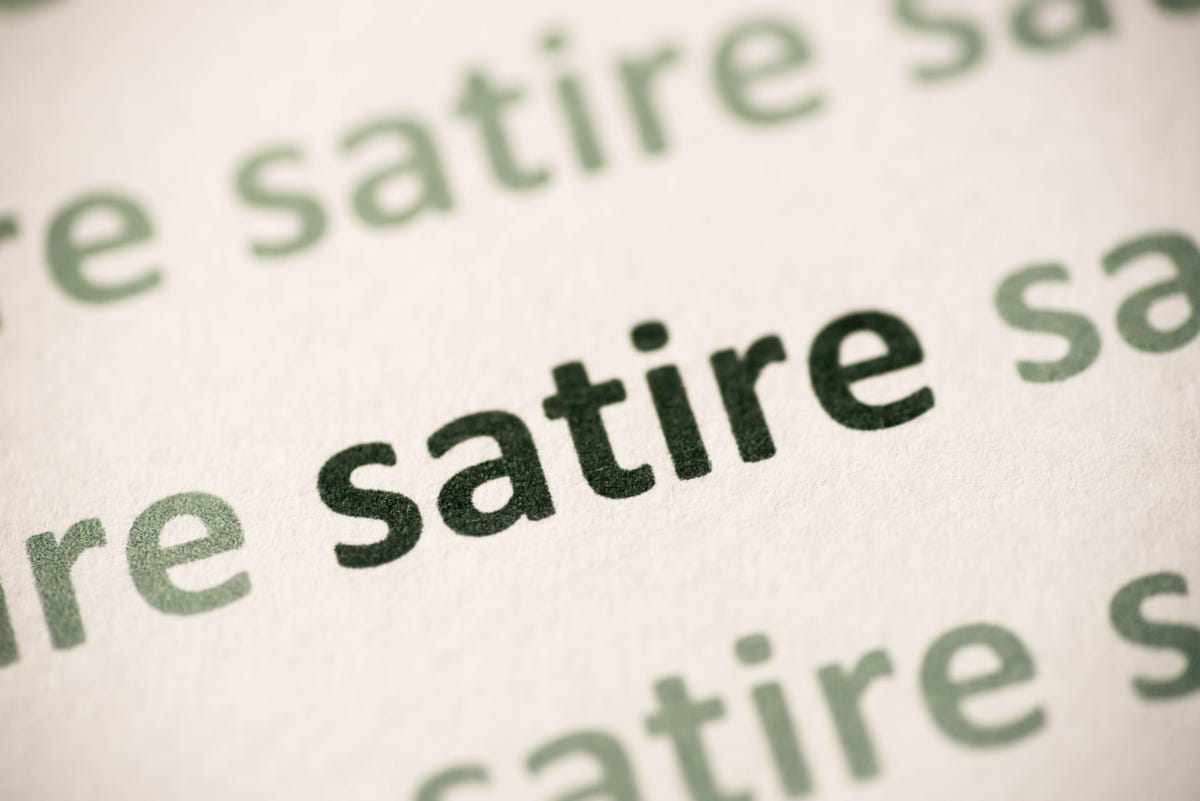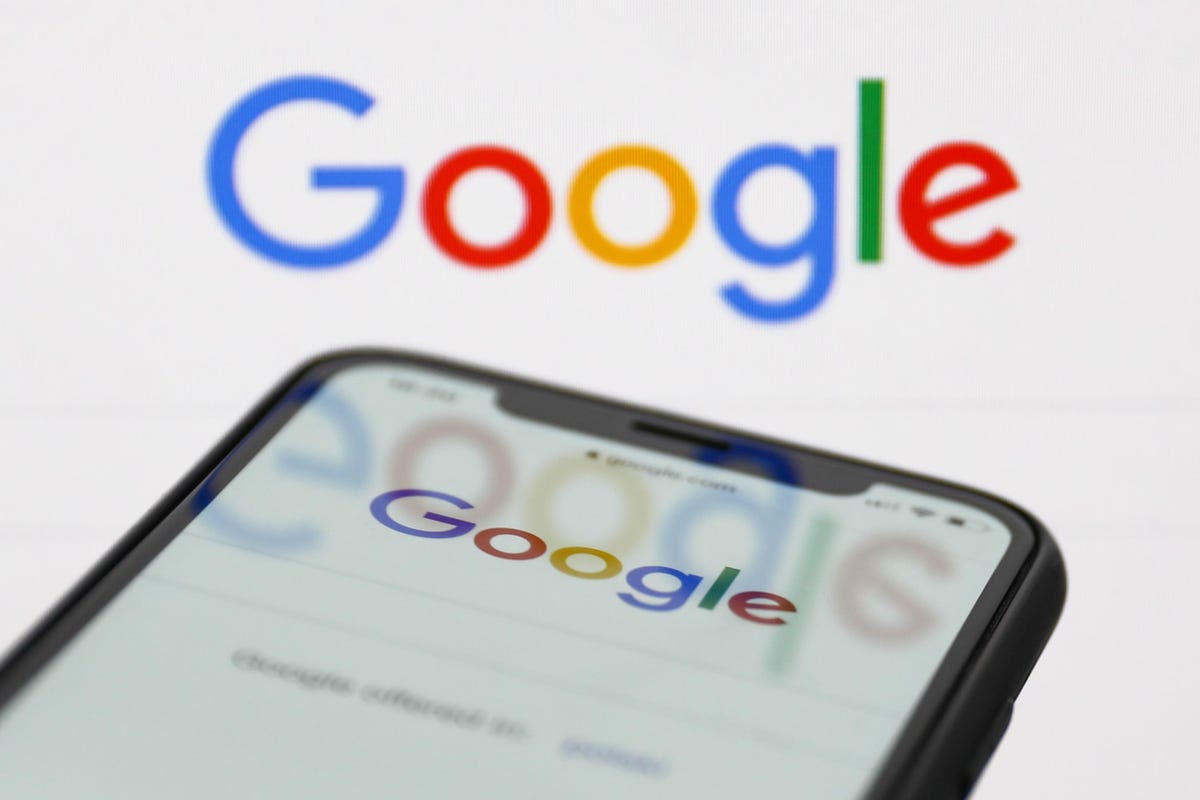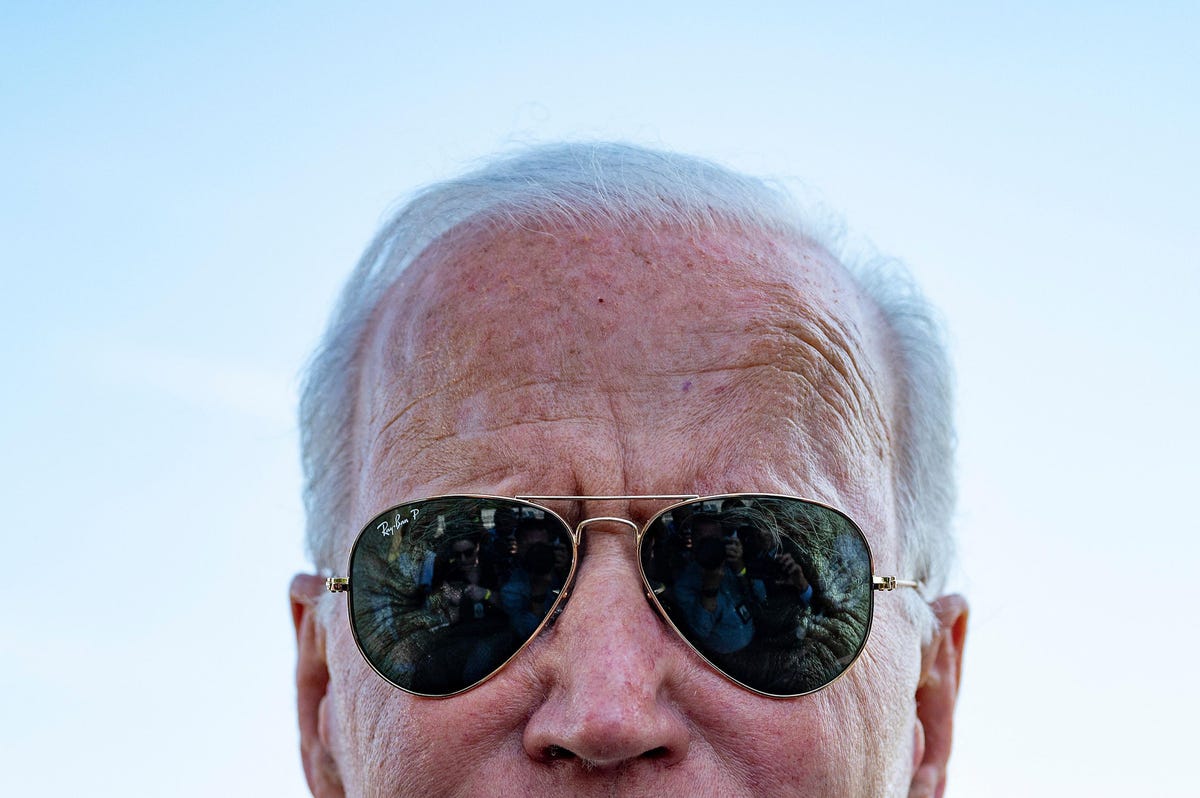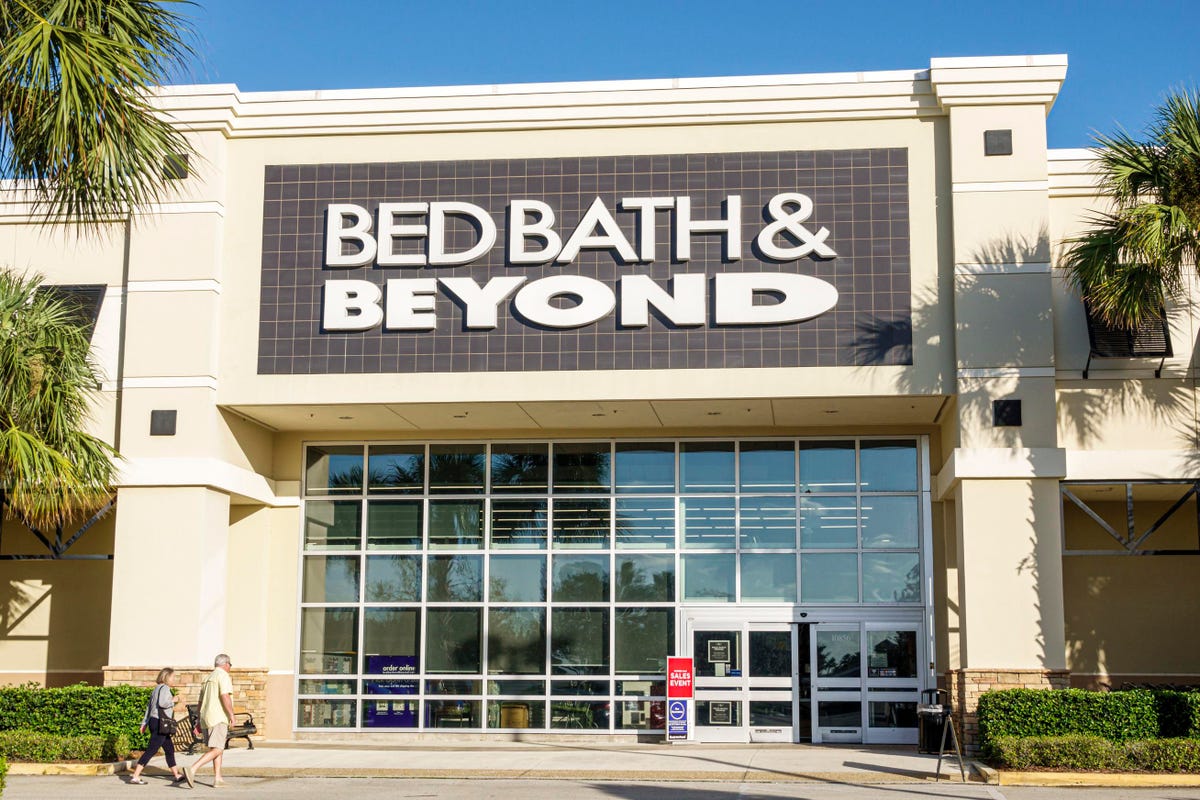SOPA Photos/LightRocket through Getty Photos
Easy lie the heads that put on the company crowns at Meta, Alphabet and Snap, in addition to Berkshire Hathaway, Ralph Lauren and the New York Occasions Co.
Much less so at Twitter.
Why’s it higher for the corporate chieftans at Meta and the others? Their corporations have dual-share lessons, two forms of shares designed to maintain management firmly in insiders’ arms. Sometimes, a founder units up these twin shares as a startup heads for the general public market and that individual needs to maintain hanging onto energy. Added bonus: The construction works properly at fending off a company raider or another aggrieved investor.
“It’s completed by founders who actually care about management and suppose they know greatest about what’s in one of the best curiosity of the corporate,” says Andrew Metrick, a Yale professor who has studied and written about twin shares and company governace.
Meta has in all probability one of the vital excessive examples of a dual-share system. It has Class A shares, which you or I should buy, most not too long ago for $214 a pop. For every Class A share, we get one vote. Meta additionally has Class B shares, which we are able to’t buy. Every Class B share will get 10 votes. CEO-founder Mark Zuckerberg controls over 90% of the Class B inventory by way of private shareholdings and agreements with different Class B homeowners. Put one other means: Zuck might solely personal about 14.5% of the frequent Class A shares, but he calls all of the pictures with out worrying about anyone else—courtesy of these Class B shares.
Twitter has none of such a safety, and it’d quickly want it did because it faces down activist stress from Elon Musk. The billionaire Tesla CEO has taken a 9.2% stake in Twitter and turned down a proposal to affix its board, signaling he might selected a hostile approach towards forcing change on the firm.
Regardless that Twitter went public in 2013 across the similar time as Meta (2012) and Snap (2017), it didn’t set up a dual-share class forward of its IPO. Doubtless, that’s a legacy of Twitter’s tumultuous starting. By the point it was transferring towards Wall Avenue in 2013, it had already gone by way of two CEOs—founders Jack Dorsey and Ev Williams—and had handed the baton to an outsider, Dick Costolo, who’d joined from Google a pair years earlier.
As CEO, Costolo had a stake in Twitter, some 1.6% forward of the IPO. But it surely was smaller than Dorsey’s 4.9% and Williams’ 12%. So neither he nor Twitter’s founding traders, corresponding to enterprise capital agency Benchmark (6.7%), would’ve been desirous to arrange a system giving monumental energy to 2 males who had already gotten and given up possibilities to run the corporate. (Neither Costolo, Dorsey, Williams nor Benchmark’s Peter Fenton might be reached to remark for this story.)
Additional, it’s not clear Dorsey, who returned to be Twitter CEO from 2015 by way of November 2021, would’ve wished twin shares. Extra not too long ago, he has turn into a proponent for decentralization round expertise firms, and in 2019, he launched Bluesky, a Twitter-funded mission to review how greatest to decentralize some parts of social media. With Dorsey once more gone from the CEO position, it has handed to Parag Agrawal, Twitter’s former chief expertise officer who additionally ran Bluesky.
Twin-share lessons are more and more a factor. Almost 30% of all IPOs within the 2010s featured that construction, up from round 7% in the course of the Nineteen Nineties, according to data printed by Columbia Regulation College a 12 months in the past. Columbia’s analysis exhibits founders with these shares usually retain round 30% extra voting energy than their frequent shareholders. This so-called “wedge” is then possible sufficient to forestall any advances on the corporate, since overcoming the hurdle could be massively costly.
Some giant money-management establishments have not too long ago began to foyer towards dual-share lessons, arguing they’re undemocratic and will stifle presumably profitable innovation. In 2017, the S&P 500 index stated it wouldn’t enable any extra dual-share firms to affix. Authorized motion has been tried, too, with some small successes. Additionally in 2017, the California Public Workers’ Retirement System sued to cease Barry Diller and IAC from establishing a brand new sort of inventory designed to maintain Diller on the throne. IAC finally dropped the plan after the California group filed its litigation.
What’s Twitter to do if issues get tough with Musk? It does have a current protection constructed into the best way it elects administrators: on a staggered, three-year foundation, guaranteeing the slate might by no means been cleaned, ushering in an adversarial board. It’d undertake a poison tablet protection, which public firms have completed for the reason that raiding heyday within the Nineteen Eighties. With a poison tablet, Twitter would promote firm inventory at a reduction, lowering Musk’s stake within the firm but additionally driving down its shares’ worth.
The mixture of the 2 is perhaps sufficient neutralize Elon. And resteady the crown.






